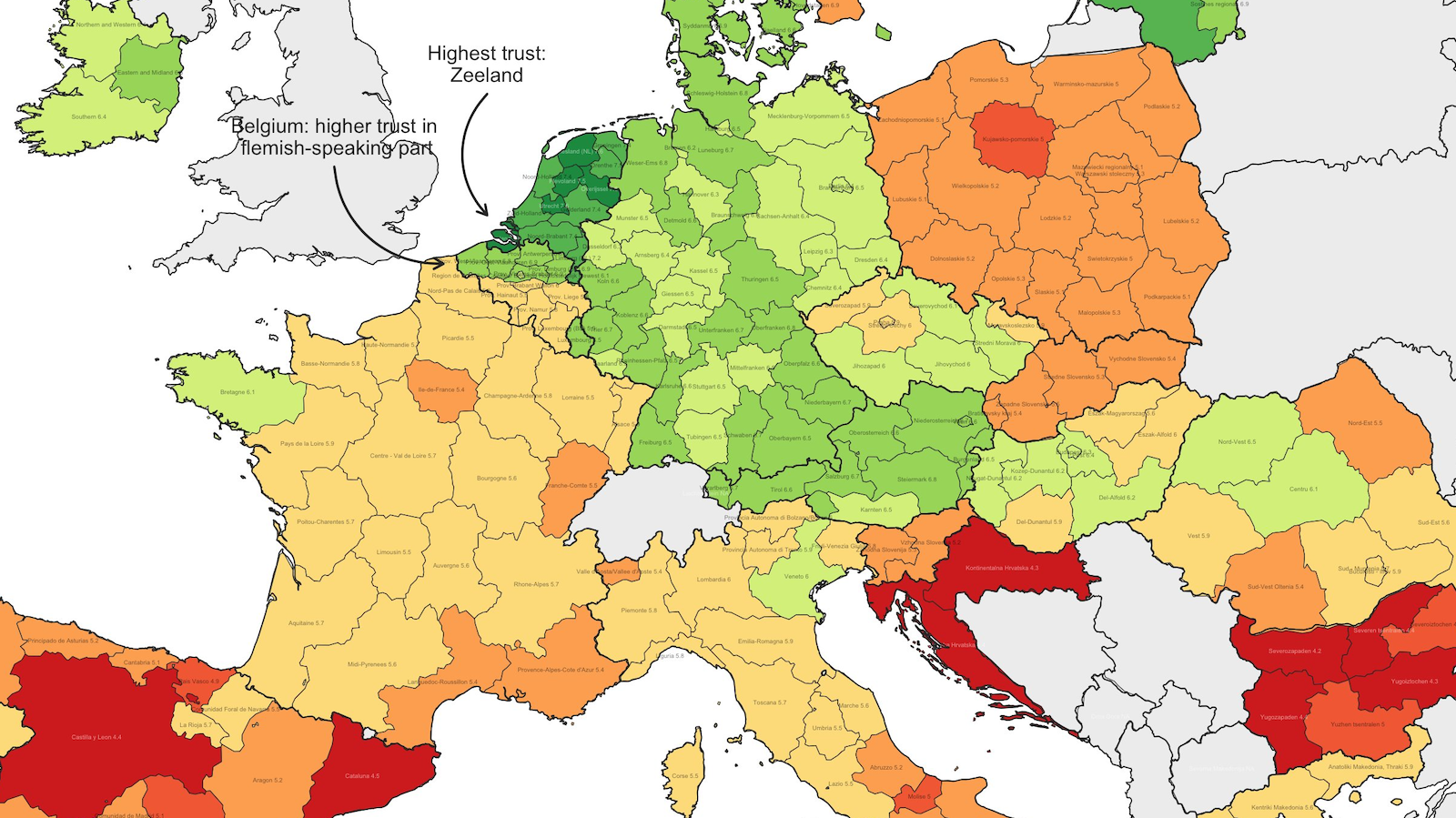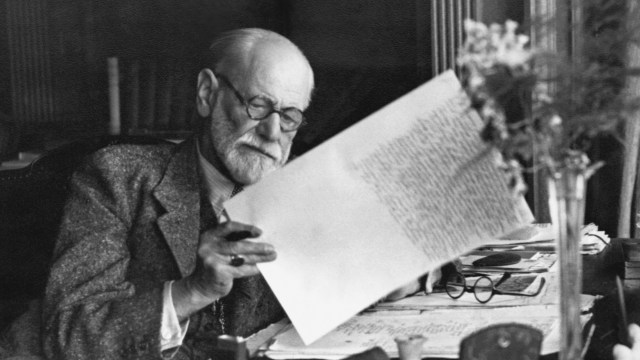The unsolved mystery of Europe’s oldest language

- The Basque language, also known as Euskara, is unique in Europe.
- Linguistically, it bears no resemblance to the Indo-European tongues that pepper the continent.
- Though its origins remain ambiguous, its prominent role in Basque society is clear.
Unless you grew up in Spain, chances are you first learned about Basque Country through Ernest Hemingway’s 1926 novel The Sun Also Rises, which follows a group of Lost Generationers traveling across Western Europe after the First World War.
Hemingway took a liking to Basque Country because its people were tough, their history tragic. Wedged between northern Spain and southern France, the Basques have been fighting for freedom ever since they were annexed by Spain in the 16th century. During the Spanish Civil War, Francisco Franco took this conflict to new heights when he banned the Basque language, suspended Basque rights, and bombed the Basque city of Guernica, prompting Pablo Picasso to create his famous painting.
In Basque Country, politics is narrowly intertwined with language. This language, called Euskara, sounds nothing like Spanish (gracias = eskerrik asko), nor does it resemble French. In fact, Euskara is so fundamentally different from its neighbors that linguists doubt it even originated from Indo-European, the language family that gave rise to Icelandic, Russian, Hindu, and virtually everything in between. As the only linguistic isolate in Europe, the origin of Euskara is a mystery that has yet to be solved.
Basque origins
Many researchers have taken a crack at the Basque problem over the years, each coming up with a different solution. It has been suggested that Euskara is a predecessor to and a survivor of Iberian, a non-Indo-European tongue spoken on the Iberian Peninsula before the Romans arrived. Euskara has also been linked to a number of languages spoken in the Caucasus, as well to the Saharan Berbers, a pre-Arab ethnic group from northern Africa.
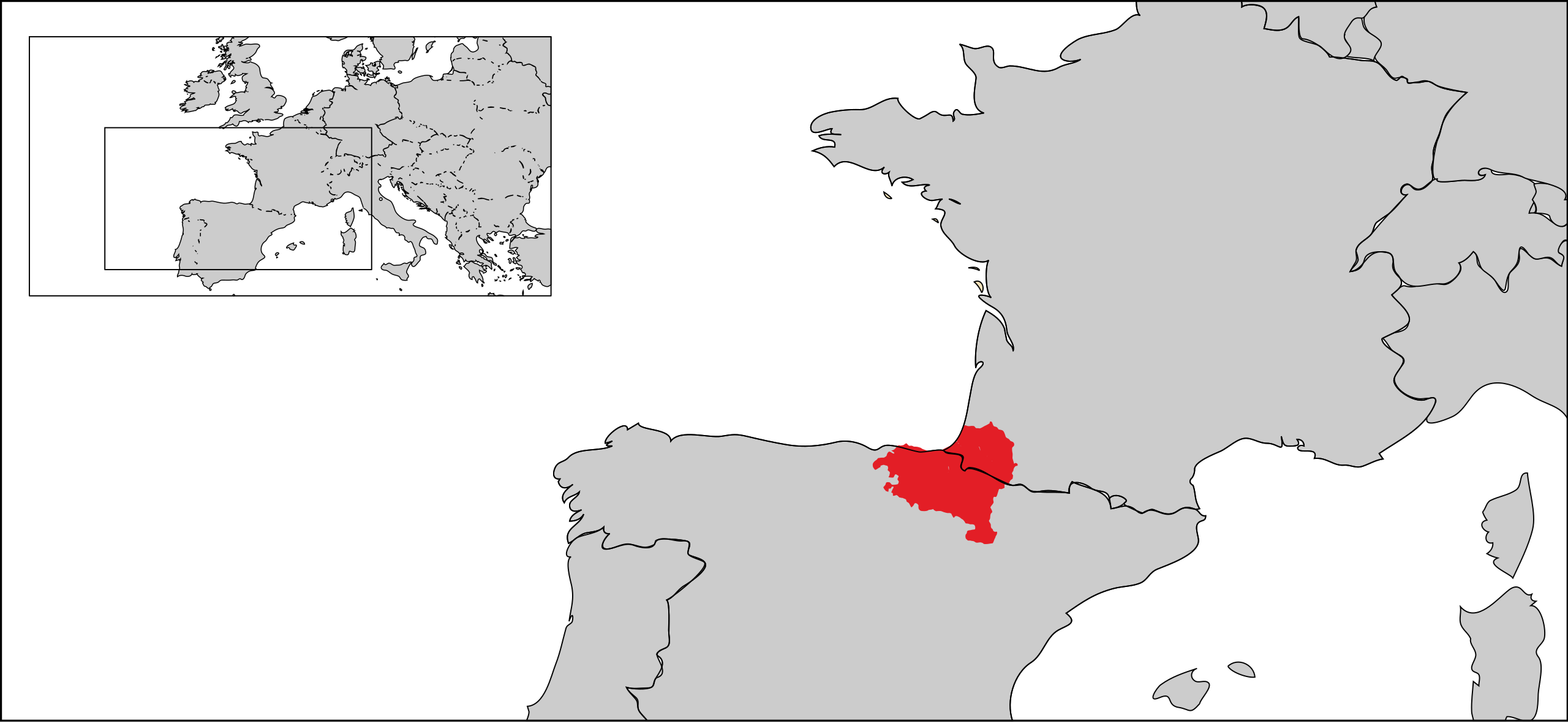
Until recently, it was believed that the Basques descended from a relict Paleolithic population unaffected by the prehistoric migrations that shaped the rest of Europe, which explains why Euskara bears no similarities to Romance and Germanic languages. This hypothesis has been debunked by recent genetic research, which indicates that Basque Country didn’t become culturally isolated from other European societies until much later, during the Roman and Islamic occupations of the Iberian Peninsula.
While the independent spirit of the Basques undoubtedly contributed to their isolation, the defining factor seems to have been the geography of Basque Country itself. Protected by the Bay of Biscay and Pyrenees mountains, the rugged terrain wards off outsiders as easily as it prevents insiders from leaving. Genetics has only made the history of Euskara more puzzling. If the Basques are related to the Indo-Europeans in some way, why isn’t their language? Right now, we just don’t know.
Fight to survive
The uniqueness and persistence of Euskara has led the centralist governments of Spain and France to view the Basques as a threat to their political hegemony, a threat that has been used to justify their discrimination, marginalization, and persecution. During the French Revolution, the language was judged an agent of Catholicism and therefore an enemy of the Enlightenment; in Spain, under Franco, it was rebranded as the enemy of God.
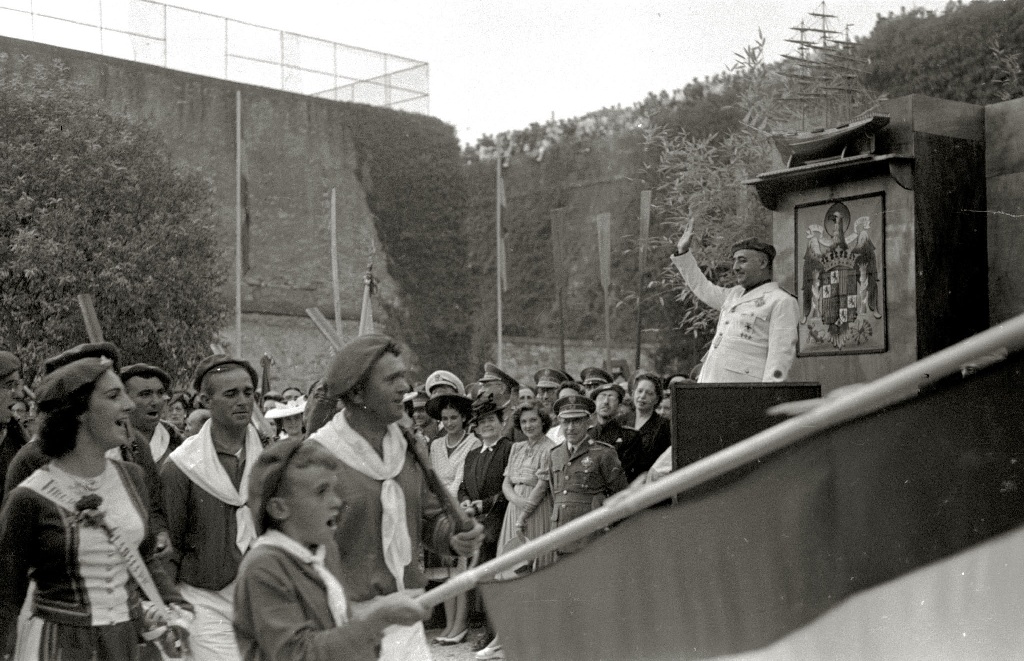
Spanish oppression of the Basques continued after Franco resigned. In 2003, Egunkaria, the only newspaper published completely in Euskara, was closed down by the Spanish government after its editors were accused of conspiring with the violent Basque separatist group ETA. Bearing the brunt of a conservative administration, employees of the newspaper — which Minister of Justice José María Michavila called “an instrument for terrorist action” — were arrested, imprisoned, and (allegedly) tortured.
The episode drew criticism from human rights organizations and activists, including Amnesty International and Salman Rushdie. Allegations of torture were never investigated. Instead, the employees were cleared of charges while the closure was condemned in court. The Spanish government has since acknowledged a separate Basque identity, and granted significant economic and political autonomy to the region — concessions that have yet to be made on the French side of the border.
The future of Euskara
Centuries of persecution have taken their toll on Euskara and Basque culture at large. Once, Euskara was spoken in an area that stretched from Bilbao to Barcelona. Nearly exterminated by Franco, the language somewhat recovered after his death in 1975. Once prohibited from public use, it is now spoken on television, in music, and in newspapers. All across Basque Country, road and street signs are written in Euskara, sometimes alongside Spanish translations, sometimes not.
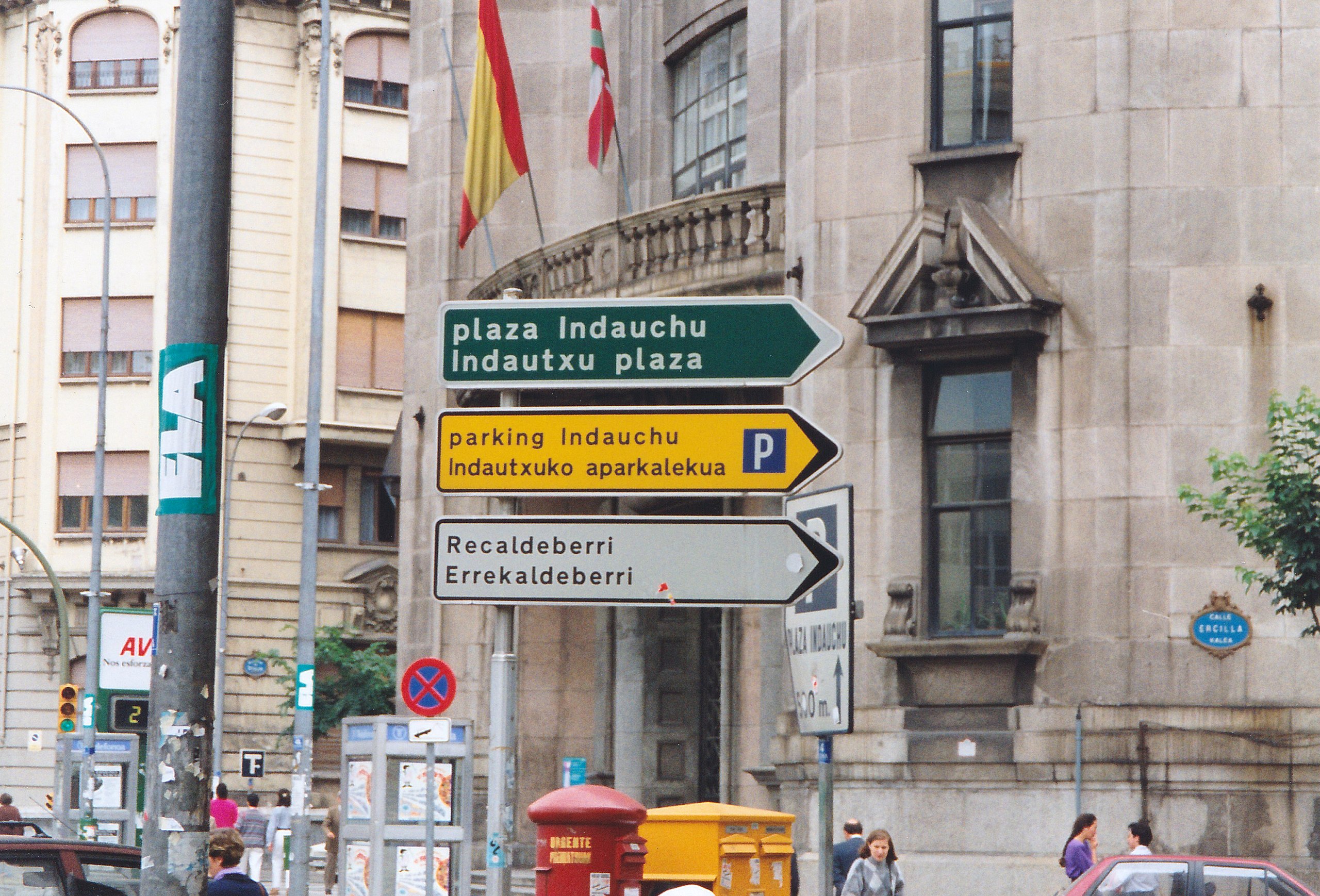
Basque literature, previously endangered to the point that a single collector — one Edward Spencer Dodgson — is credited with preserving an entire society’s literary canon, is currently experiencing a renaissance. One of the language’s most celebrated books, Ramon Saizarbitoria’s Martutene, recently translated into English, explores the complicated relationship between affective loyalty to a group and conscious commitment to an abstract cause, two leitmotifs of Basque history.
In retrospect, Franco’s attempt to destroy Euskara helped ensure its survival. After all, it was under his rule that the language became not just a means of communication but a symbol of resistance against oppression.
